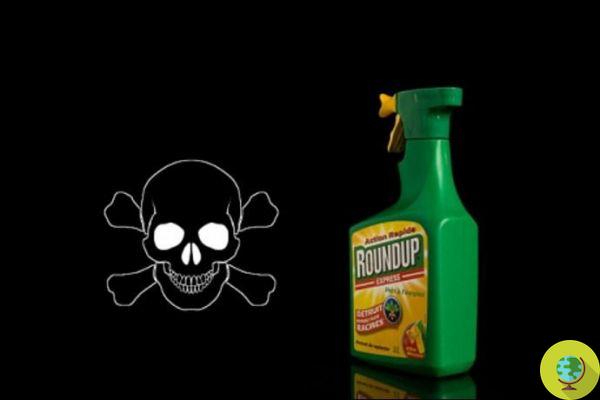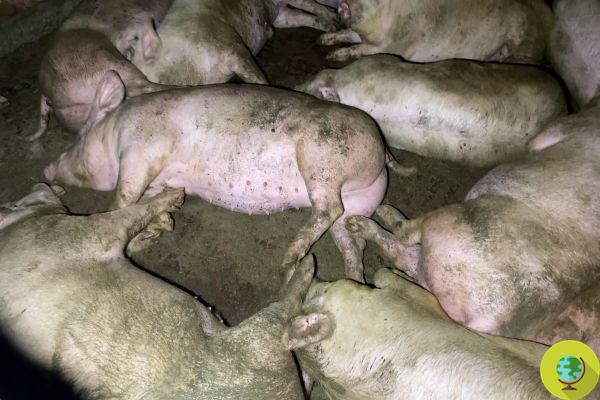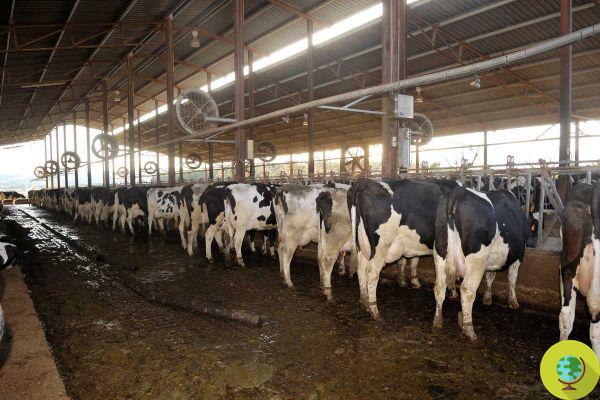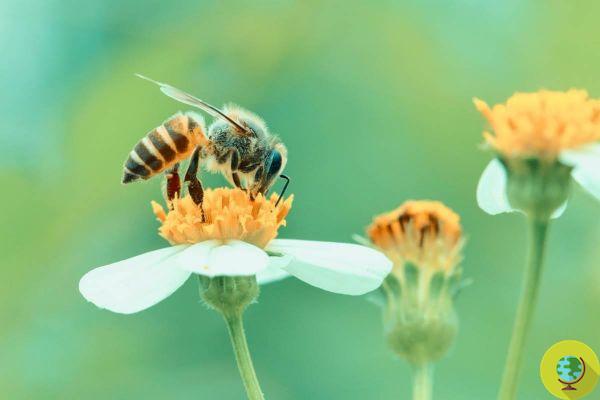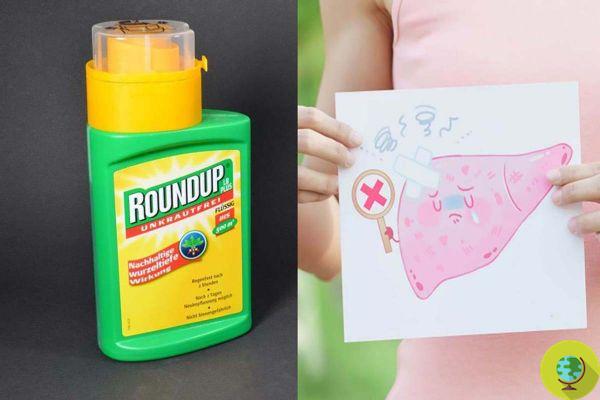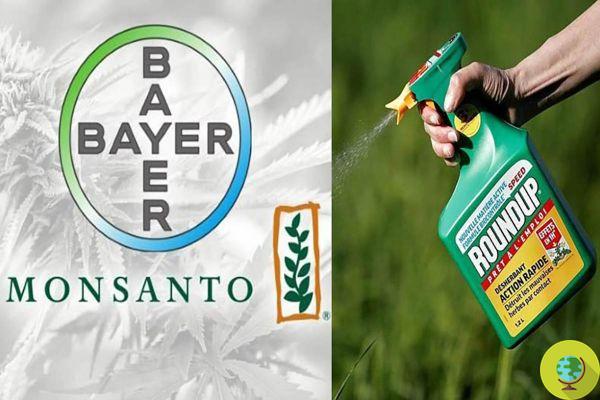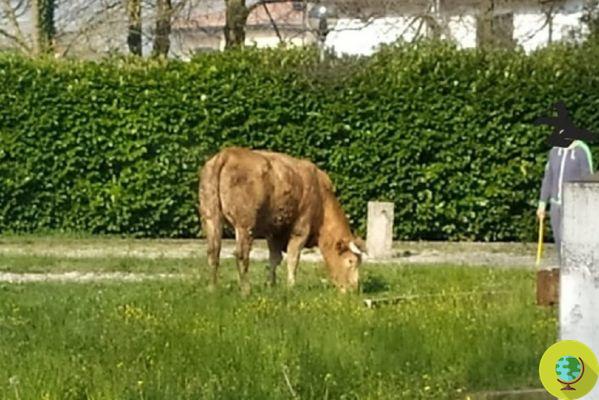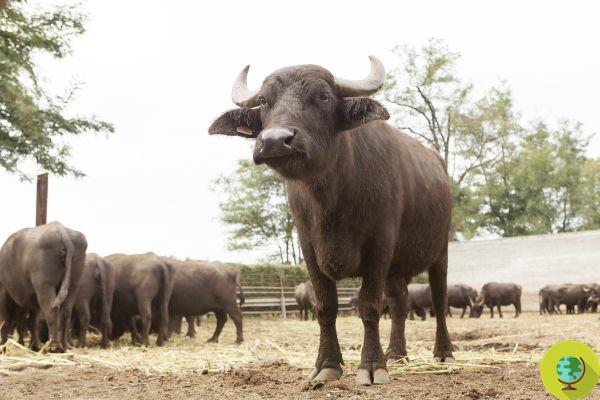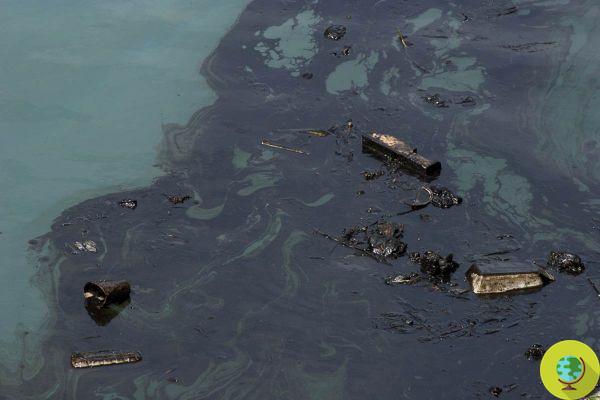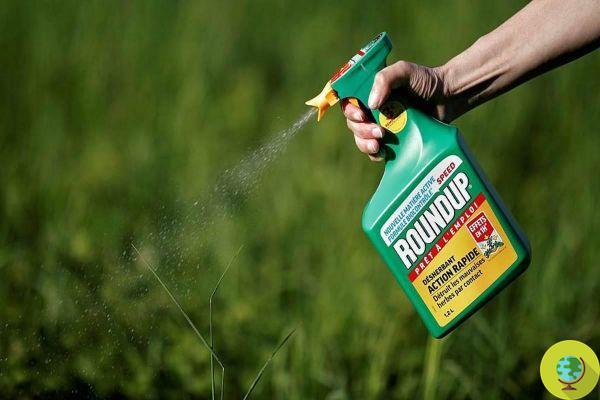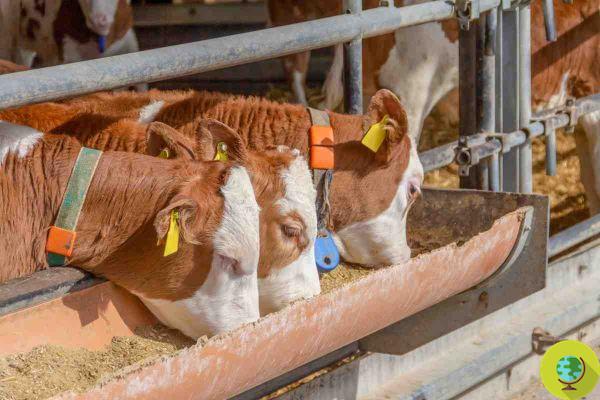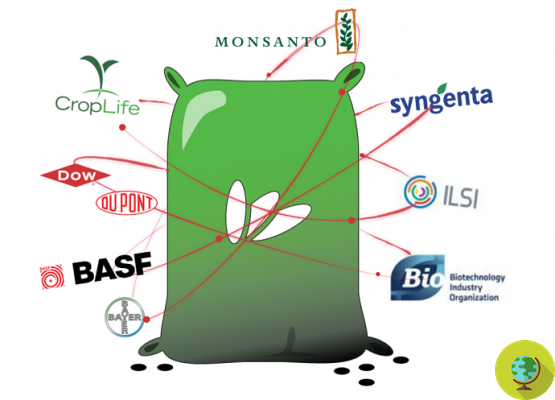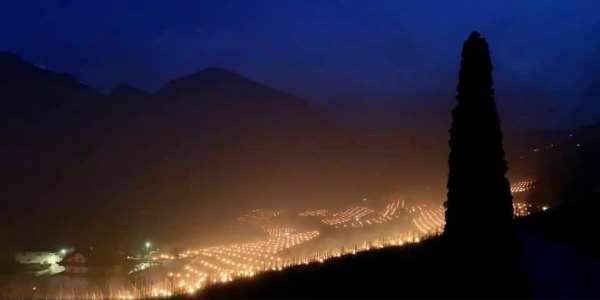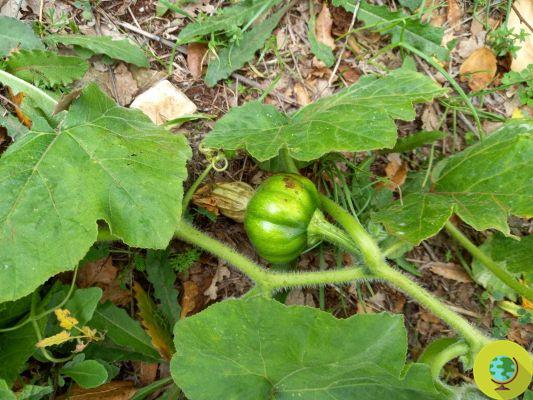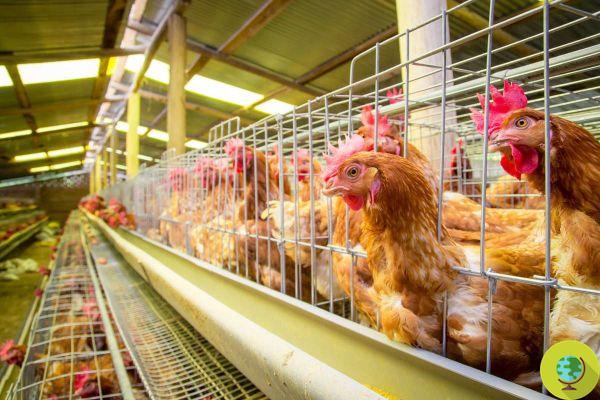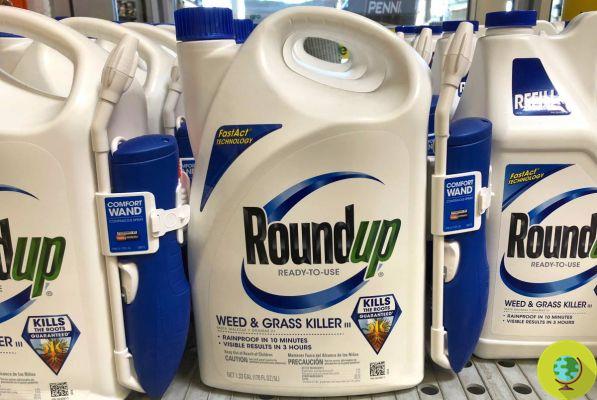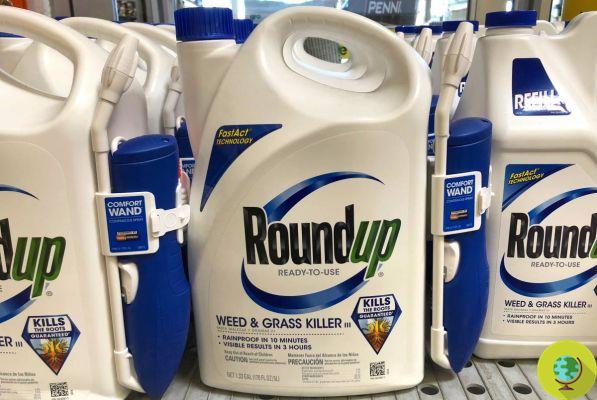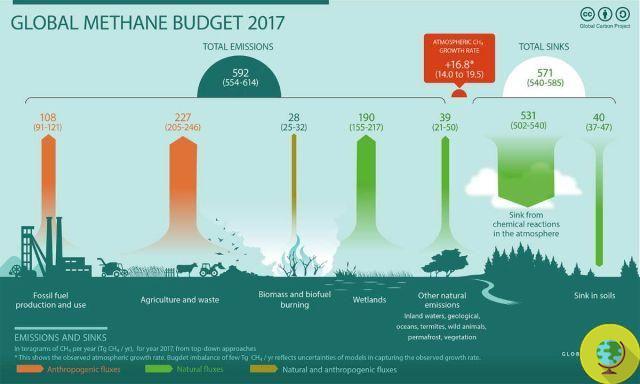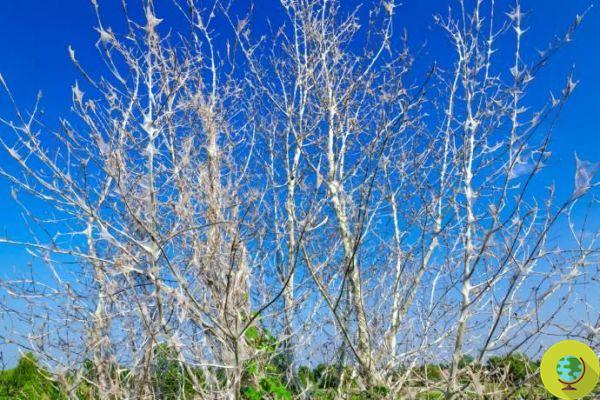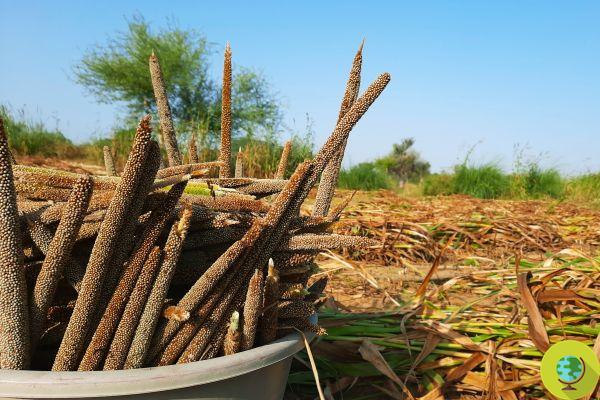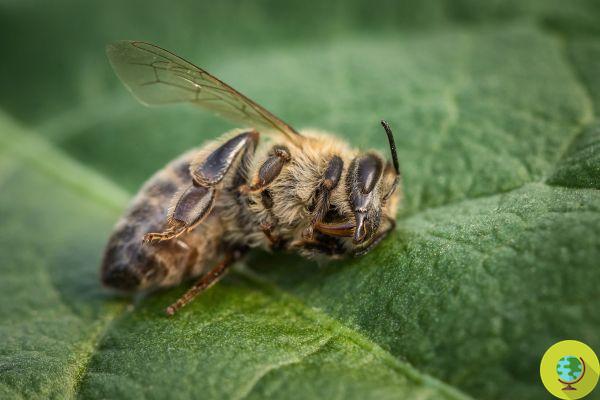
The Belgian Department of Plant Protection Products and Fertilizers grants a new exemption for Imidacloprid, the bee killer.
He is about to end up run over, his mother saves himBelgium has decided to re-authorize the use ofimidacloprid, a neonicotinoid among the neuro-active insecticides used in agriculture and dangerous for bees. Although banned from Europe, this insecticide will again receive authorization in 2021 to protect beets from jaundice. A bad blow for beekeepers and environmentalists who have mobilized against "the killer of bees".
France had already made the same decision in recent months, and now it is the Belgian Department of Plant Protection Products and Fertilizers of the SPF Santé to grant a new exemption for the neonicotinoid imidacloprid, better known by the name of Gaucho of Bayer.
France saves bees and bans all 5 pesticides responsible for their death
This type of exemption will be granted for a renewable period of one year and is the third consecutive year that the Belgian state is seeking authorization for the use of this neonicotinoid banned by the European Union in 2018.
Only two years ago, in fact, Europe had banned the use of neonicotinoid-based pesticides, in particular the molecules imidacloprid, clothianidin and thiamethoxam. The newly renewed derogation in Belgium only concerns Imidacloprid, which is the one used to coat beet seeds.
Because it is actually a "only" use as a seed coat and not as an insecticide spray. But the problem of the persistence of the neonicotinoid in the soil remains the same and also lasts for several years, such as to contaminate other plants and crops that are attractive to pollinating insects. And not only that: of the same neonicotinoid imidacloprid very high concentrations have been found in many rivers:
How animal pesticides are poisoning rivers with fipronil
This is why the conditions of the exemption require that, for 5 years, no cultivation of flowering plants is established on the fields where beet was grown (with a relaxation after 3 years for crops such as flax and potatoes for example ). Another condition: the sowing of the seeds covered with the neonicotinoid can only take place during a period of 120 days, from February to June. Finally, and this is a small novelty compared to the previous exceptions, the seeds must be sown at a minimum of 3 centimeters deep while the practice is instead of 2,5 centimeters.
But that's not enough: extending the authorization to use this insecticide "bee killer" again can only be a hard blow and a very dangerous step backwards.
Read also:
- Bee killer pesticides are banned but continue to contaminate European fields
- Neonicotinoid pesticides are harmful to bees and hinder pollination
- Pesticides killer of bees, Europe towards a ban




